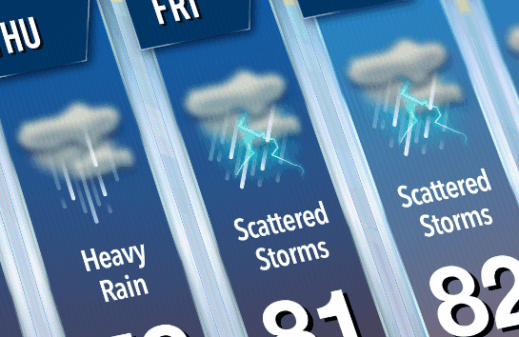Many families do not realize that placing their loved one in your care is not the same as choosing a nursing home. Your adult residential care facility gives residents something they cannot find in a nursing facility, their independence. As you prepare to add new residents to your adult residential care family, it is likely that you have questions about negotiated risk agreements. It is also likely that potential residents and their families will have questions too. Use this article as a guide to understand and explain negotiated risk agreements.
What is a negotiated risk agreement?
A negotiated risk agreement (NRA) is a legal agreement between an adult residential care facility and a resident (or their power of attorney, when applicable). Negotiated risk agreements identify changes in a resident’s care needs that are outside the framework of their initial care plan. In some cases, the new care needs may also be outside the scope of the typical services offered by an adult residential care facility. Any changes in health or care needs open doors to different risks including falls, skin breakdown, wandering, etc.
Why is a negotiated risk agreement important?
Negotiated risk agreements are a strong way to document resident changes and conversations about the changes with their family or power of attorney. By clearly documenting health changes, care changes, and recommendations, you protect your adult residential care facility from potential lawsuits.
Plenty of adult residential care facilities have been accused of poor care because they failed to document and notify the family about changes in a resident. It is important to notify families of these changes in writing and request their signature stating they have reviewed and understand the changes and associated risks.
Sample scenarios of when a negotiated risk agreement is valuable
Knowing when to use the negotiated risk agreement is difficult at times. You do not want to upset your resident or their family. The purpose of the negotiated risk agreement is to better protect your residents and your adult residential care facility. Here are 2 scenarios where you may want to consider using one:
- Resident ‘A’ has been in your care for the past five years. You have a great relationship with them and their family. One day, you start to notice that they are not as stable on their feet and have the tendency to fall. If the resident’s care plan didn’t originally include fall prevention or management techniques, you need to re-evaluate their needs. A negotiated risk agreement gives you a way to evaluate, recommend, and communicate changes with the family giving them a choice to allow the resident to continue in your care or move their family member to a higher level of care.
- Resident ‘B’ was admitted 30 days ago. You haven’t had enough time to establish a strong relationship with the family, but the resident is showing wandering tendencies that you weren’t previously aware of. A negotiated risk agreement can be used to communicate your new observations, recommendations for care, and risks associated with the changes. The family can review and make the best decision for their loved one’s future.
In both cases, the negotiated risk agreement acts as a communication and documentation tool to avoid accusations and damaged relationships.
Where can I find a negotiated risk agreement?
Personal Care & Assisted Living Insurance Center, LLC (PCALIC, LLC) offers a sample negotiated risk agreement in the member’s only section of our website. Download this sample and have your attorney review for necessary changes to abide by state laws and protect your adult residential care facility.



